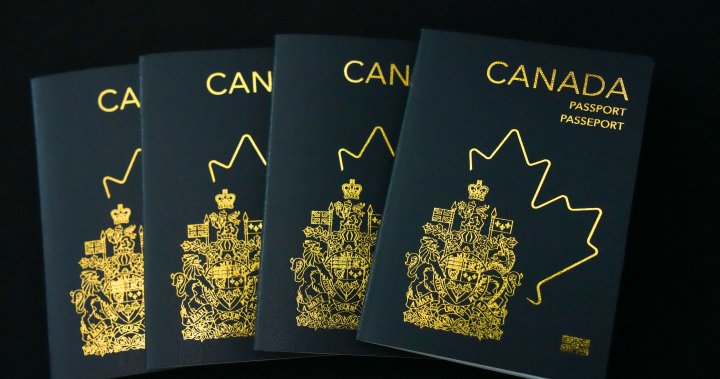The lingering effects of the Canada Post strike continue to ripple through various sectors, causing significant disruptions beyond delayed holiday deliveries. Thousands of Canadians are grappling with passport application backlogs, jeopardizing their travel plans and raising concerns about the efficiency of essential government services in the wake of labor disputes. The disruption underscores the interconnectedness of critical infrastructure and the potential for widespread impact when essential services are interrupted. The backlog is not merely an inconvenience but a source of considerable stress and anxiety for individuals facing imminent travel deadlines, highlighting the need for robust contingency plans and effective communication during such disruptions.
One such individual, Mike Burton from Saskatoon, exemplifies the predicament faced by many. Having applied for his passport six weeks prior, Burton now faces the unsettling prospect of missing his family trip to Mexico scheduled for January 2nd. Despite assurances from Service Canada that his passport should arrive by December 27th, Burton remains apprehensive given the ongoing postal service delays. The uncertainty underscores the precarious position of travelers relying on timely passport delivery and the potential for personal and financial losses due to unforeseen circumstances. The situation highlights the need for transparent and reliable communication from government agencies to manage expectations and assist affected individuals.
Burton’s anxiety is further compounded by the lack of clear alternative solutions. He expresses hope for temporary passports or alternative travel documentation, reflecting the urgent need for contingency measures to mitigate the impact of service disruptions on individuals’ travel plans. The absence of readily available fallback options underscores the vulnerability of travelers in such situations and the necessity for proactive measures to address potential delays. The situation underscores the need for government agencies to develop robust contingency plans to ensure essential services remain accessible, especially during periods of disruption.
Service Canada’s statement acknowledges the challenges posed by the postal strike, confirming that passports printed since December 16th will be mailed, albeit with potential delays. The agency’s efforts to expedite a limited number of passports between December 12th and 16th by delivering them directly to Service Canada offices for pick-up demonstrates a proactive approach to mitigating the impact on some individuals. While this measure provides relief for some, the broader issue of potential delays remains a significant concern for many applicants. This highlights the need for a multi-pronged approach to address the backlog and ensure timely passport delivery for all applicants.
Canada Post, while acknowledging the backlog, assures the public that it is diligently working to process and deliver the accumulated parcels. The commitment to weekend deliveries reflects the urgency of the situation and the dedication of postal workers to catch up on the backlog. However, the acknowledgment that delays could persist into early January underscores the magnitude of the disruption and the challenges in fully restoring normal service levels. This reinforces the need for realistic expectations and ongoing communication to manage public anxieties and provide updates on delivery timelines.
The convergence of the holiday season and the postal strike has created a perfect storm, exacerbating the impact on individuals and businesses alike. The delays in passport delivery serve as a stark reminder of the vulnerability of essential services to disruptions and the need for robust contingency plans. The situation emphasizes the importance of proactive communication from government agencies and service providers to manage expectations and mitigate the impact on affected individuals. The experience also underscores the need for ongoing dialogue between labor unions and employers to minimize the disruption of essential services during labor disputes. The long-term implications of this situation warrant further examination to identify strategies for strengthening the resilience of essential services and minimizing the impact on the public in the event of future disruptions.

